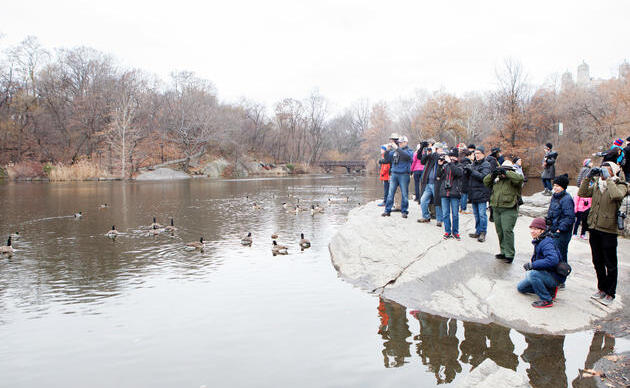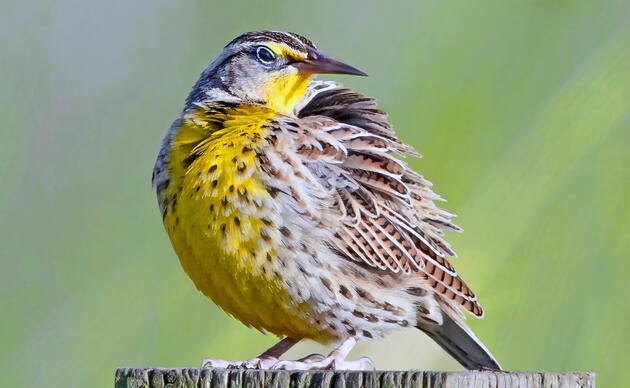This year, there were a lot of interesting bills proposed on sustainable energy, protections for clean water, and what we call ‘natural climate change solutions’ such as investing in native plant buffer zones around waterways. In fact, we were pleasantly surprised that our initial review had more bills that we could support than oppose, that is progress!
Our first big win: no new regulations on conservation easements were proposed in any of our three states! Agricultural and Conservation Easements are a solid option for landowners who want to guarantee that their land stays in agricultural production, others for reserving habitat while the landscape changes around them.
North Dakota passed a concurrent resolution that opens potential for sustainable energy:
- HCR 3034 – Directs Legislative Management to consider studying sustainable energy policies
However, we were hoping for funding for a few specific projects that did not get approved: a study on the environmental impacts of oil, hydraulic fracturing sand, and hydraulic fracturing wastewater spills; a native pollinator study; and increased funds for grazing grants.
South Dakota made significant investments in wildfire prevention and local fire departments as well as using American Rescue Plan Act funds for water infrastructure projects. Local fire departments are instrumental in preventing wild fires, and also in implementing planned, prescribed fires.
- SB 156 – Provides a grant from the American Rescue Plan Act to the Western Dakota Regional Water System project
- HB 1023 – $1.3 million for the construction of a maintenance shop for the Wildland Fire Suppression Division in Rapid City
- HB 1024 – $1.2 million for the construction of a maintenance shop for the Wildland Fire Suppression Division in Hot Springs
Local fire departments are essential for the safe adaptation of prescribed fire, which is a very effective tool for land management and restoration.
However, others were stalled or deferred, hopefully will be revived next year:
In Nebraska, we were very concerned about a misguided attempt to protect ring-necked pheasants by placing a bounty on nest predators. After testimony from Audubon and several partners, the bill was amended to remove pheasants altogether.
There are two bills we will be following that were voted out of committee (placed on the General File) and will have scheduling priority when the next session meets:
Additionally, the budget funded a number of natural resources projects, including $574.5 million for the Perkins County Canal, $2 million in grants for precision agriculture, and full funding for the Water Sustainability Fund for the next two years. LB 565 also funds NPPD grants for engineering and modeling work, supporting application for Department of Energy regional clean hydrogen hub and federal funding for similar projects.
But, multiple bills that we supported were stalled, including:
- LB 40 – Adopt the Riparian and Water Quality Practices Act
- LB 49 – Would prohibit HOAs from limiting solar and wind capture on private lands
- LB 237 – Appropriates $2 million over the next two years for the Low- Income Weatherization Assistance Program, to aid in carrying out energy efficiency audits and weatherization improvements
- LB 576 – Provide limitations on liability and nuisance related to land-management burning
- LB 655 – Appropriate funds to the State Fire Marshal
In addition to action alerts asking for public comments, we submitted testimony for 14 bills and wrote public letters on four bills and executive actions.
We also joined 115 Nebraska businesses in a letter to Governor Pillen opposing LB 574 and 575: "Non-discrimination protections are an investment in stronger communities and a stronger economy...We ask you to support Nebraska businesses by improving our ability to retain and attract talent for our workforces by voting against harmful social legislation like LB 574 and 575."
We are always monitoring legislation that would directly or indirectly impact wildlife, habitat and environmental protections, water quality, agricultural programs and sustainable practices, and renewable energy. In the next legislative sessions, we expect see more proposals on renewable energy and proactive environmental conservation.
We are always open to hearing from you if there are additional topics or ideas we might be able to support. Our breadth of political diversity makes us able to advocate for birds and wildlife from multiple angles, with public-private partnerships, direct action, and education programs.
Thank you for your support,
Kristal Stoner and the Audubon Great Plains team

By Melissa Amarawardana




